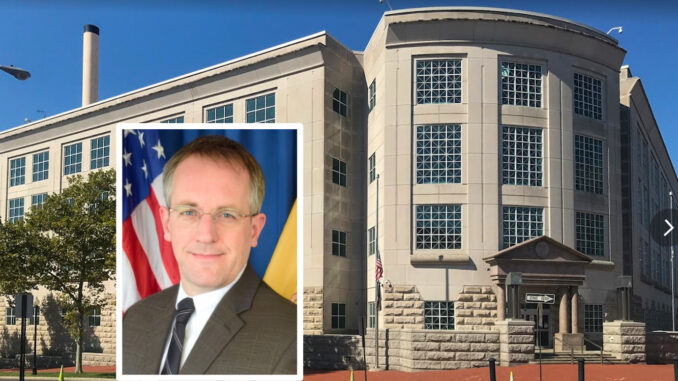
TRENTON—A Superior Court judge in Mercer County ruled Jan. 3 that the New Jersey Urban Mayors Association (NJUMA) may file a brief by Jan. 27 as an intervenor in Montvale’s 28-town lawsuit challenging the state’s new affordable housing law.
Oral arguments on a motion by the state Attorney General’s Office and Fair Share Housing Center to dismiss the lawsuit are scheduled for a Jan. 31 hearing.
In granting NJUMA’s unopposed motion to intervene, Superior Court Judge Robert T. Lougy—a past interim state Attorney General under Gov. Chris Christie—wrote that the case “involves issues of public importance to the leaders of municipalities across the State, as well as the public.” He noted the court would benefit from NJUMA’s participation, particularly regarding “the qualified urban aid exception,” and emphasized that the briefing schedule avoids prejudice to any party.
NJUMA’s attorney, Lawrence S. Lustberg of Gibbons PC in Newark, declined to comment on the ruling.
NJUMA, representing more than 30 urban municipalities, aims to work with state and federal officials “to develop appropriate and effective public policy measures that benefit the state’s urban centers and to help lawmakers understand how public policy affects New Jersey’s cities and municipalities,” according to a press statement.
In a November op-ed, NJUMA president and Plainfield Mayor Adrian Mapp wrote that urban municipalities, which are “home to many of New Jersey’s most vulnerable populations,” play a significant role in addressing both current and future affordable housing needs. He highlighted the law’s emphasis on rehabilitation, saying it helps preserve housing and prevents further deterioration in urban areas, which already bear “a disproportionate share” of the state’s affordable housing burden.
Mapp also addressed suburban concerns, writing that while such municipalities “may face challenges in building new affordable housing developments,” issues like property values or local resource burdens “should not delay or derail efforts to address the state’s growing housing crisis.” He argued the law ensures all municipalities contribute “in proportion to their size, growth, and housing demand.”
NJUMA, Mapp said, “fully supports affordable housing law P.L. 2024, c. 2” and encourages municipalities to act “promptly and responsibly” in developing their plans, ensuring that every New Jersey resident has access to “safe, stable, and affordable housing.”
